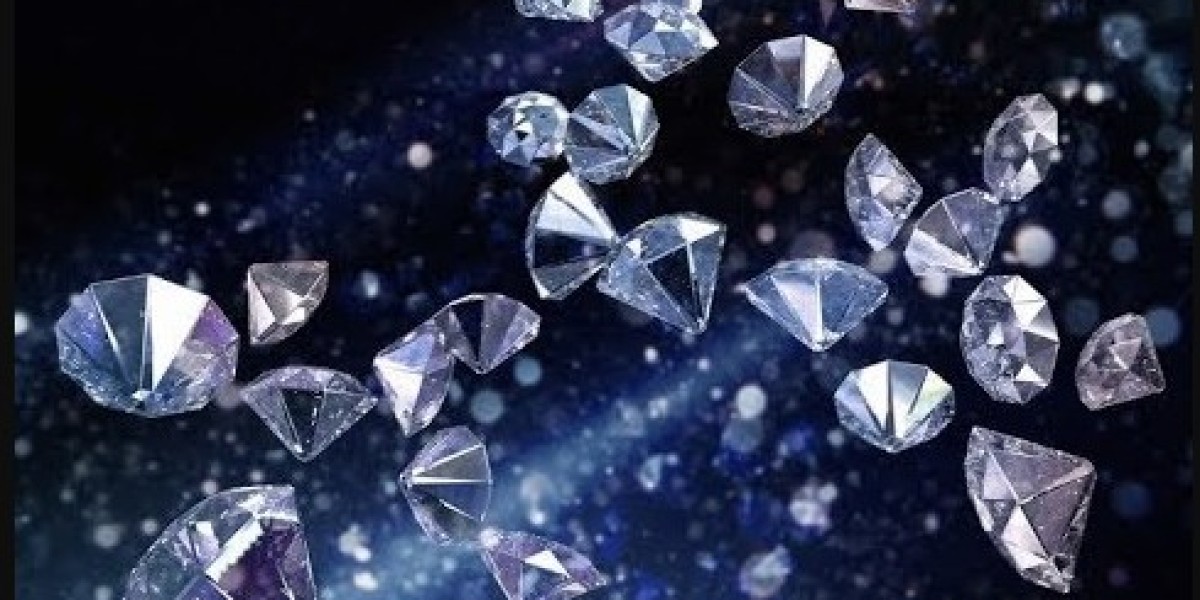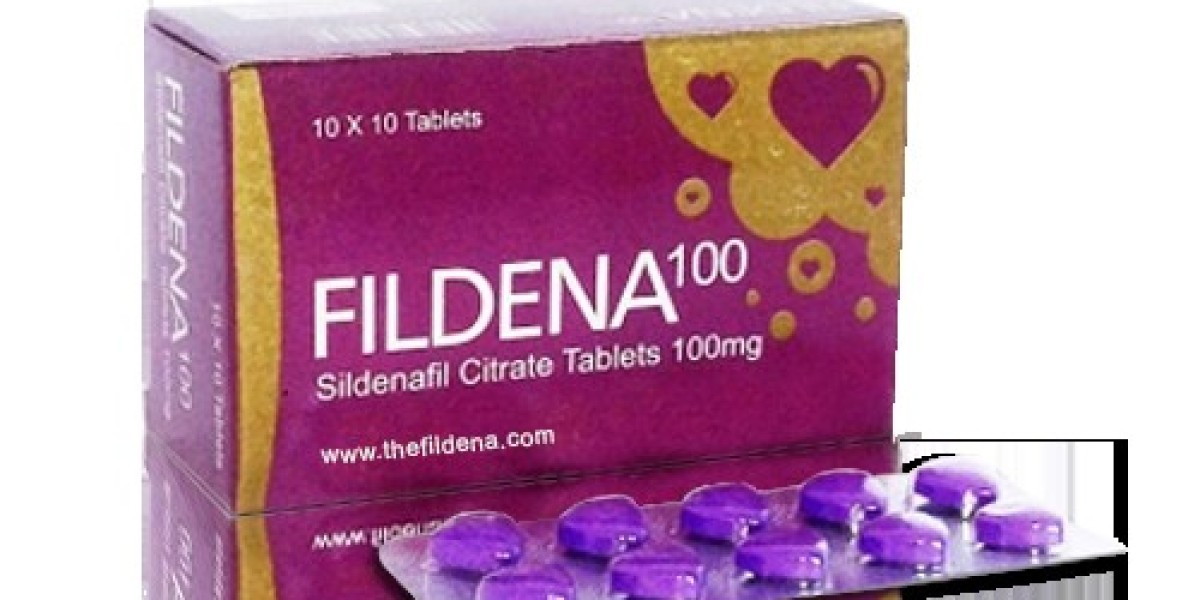In the sparkling world of diamonds, two prominent grading laboratories stand out: GIA (Gemological Institute of America) and IGI (International Gemological Institute). These institutions play a pivotal role in assessing and certifying the quality of diamonds, providing buyers with essential information about their potential purchases. If you're in the market for a dazzling gem, understanding the distinctions between GIA and IGI is crucial. In this article, we will delve into the intricacies of GIA vs IGI shedding light on their divergent approaches to diamond grading, certification, and their significance in the realm of precious stones.
GIA vs IGI: Unveiling the Differences
When it comes to purchasing a diamond, knowledge is truly power. GIA and IGI are two reputable authorities that evaluate and appraise diamonds, but their methodologies and reputation in the industry differ. Here's a comprehensive breakdown of the key differences between GIA and IGI:
- Grading Standards:
GIA is renowned for its rigorous grading standards. Its assessments are often considered the gold standard in the diamond industry. GIA grades diamonds based on the Four Cs – Cut, Color, Clarity, and Carat Weight. On the other hand, IGI employs a similar approach, but some critics argue that its grading might be slightly more lenient compared to GIA. This distinction can impact the perceived value and quality of a diamond.
- Reputation and Recognition:
GIA enjoys unparalleled recognition and trust within the diamond world. Its certificates are widely accepted and valued, which contributes to its status as an industry leader. IGI, while also reputable, might not carry the same level of prestige as GIA in certain circles. Depending on the significance of certification to you, this could be a deciding factor.
- Turnaround Time:
IGI is often praised for its faster turnaround time in delivering certificates. If you're in a hurry to purchase or sell a diamond, this swifter process might be advantageous. However, it's essential to balance speed with accuracy and reputation.
- Geographic Presence:
GIA has a longer history and more extensive global presence, with its headquarters in the United States. IGI has also expanded its reach, but its recognition might vary depending on the region. If you're considering buying a diamond internationally, knowing the prevalence of each certification can be valuable.
- Cost Implications:
In general, IGI certification tends to be more budget-friendly compared to GIA. This can be appealing if you're looking for a certified diamond without breaking the bank. However, remember that the cost savings might be accompanied by potential variations in grading stringency.
Conclusion:
In the vibrant world of diamonds, GIA and IGI play pivotal roles, each with its unique approach to grading and certifying these precious gems. Choosing between them depends on your priorities – whether you value the utmost reputation, swift certification, or cost-effectiveness. Regardless of your choice, both institutions contribute to ensuring that you have essential information to make an informed decision when selecting your perfect diamond.
Remember, whether it's a GIA-certified diamond radiating brilliance or an IGI-certified gem capturing hearts, the real beauty lies in the eyes of the beholder. Happy diamond hunting!








